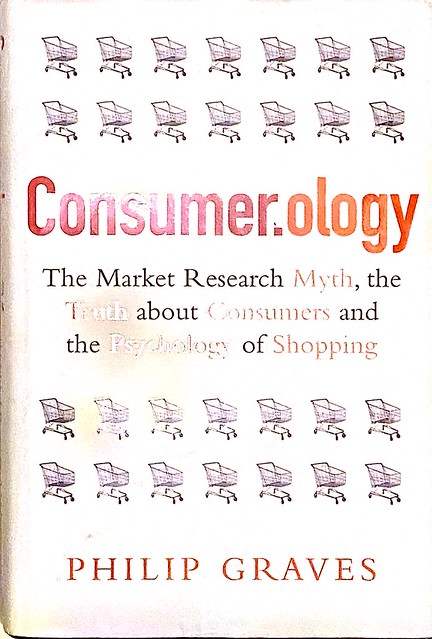1 minutes estimated reading time
Consumerology taps into Phil Graves experience as a consultant on consumer behaviour.
In the book, he draws on experience in retail marketing and classic marketing case studies such as New Coke. These examples show the numerous ways in which marketing fails to understand consumers.
Much of the tried and true testing methods used make consumer marketing decisions have their own built in biases and affect the results that marketers use to base major decisions on.
AFECT criteria
In Consumerology, Graves recommends a set of criteria to assess any research project against. The more that the research project aligns with these principles, the less likely it is to be adversely affected by consumer or marketer bias.
A – Analysis of behavioural data. Does the research look at consumer behaviour or not? If it doesn’t look at some aspect of consumer behaviour, it isn’t valuable.
F – Where the consumers in the right frame of mind? Where they observed whilst in a retail experience, making a purchase?
E – Environment. What is the context of the content. Research that isn’t observational / behavioural in nature should at least be done where retail decisions happen. Environment is bound together with frame of mind.
C – Covert study. Being aware of being observed affects behaviour. Think about the use of close circuit TV and fisheye mirrors to try and prevent casual shoplifting.
T – Timeframe. Did the timeframe of the study match the timeframe that consumers would typically use themselves?
Other book reviews here.
